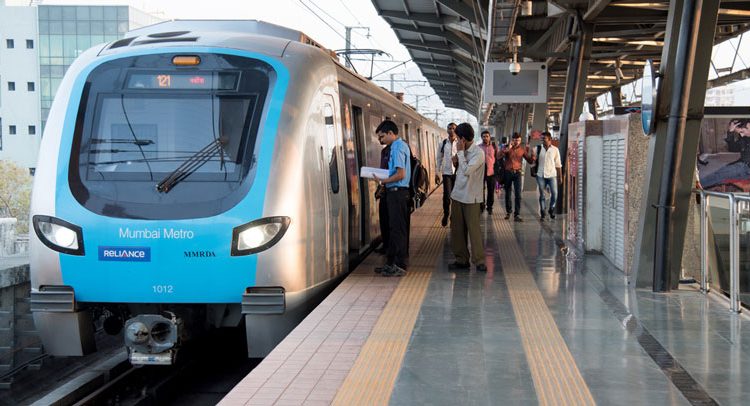Revolutionizing Transportation: Unveiling the Key Advantages of Railways

In today's fast-paced world, efficient transportation systems are crucial for economic growth and societal development. Among the various modes of transportation, railways have emerged as a game-changer, offering numerous advantages that revolutionize the way we travel and transport goods. This article explores the main advantages of railways, shedding light on their impact on efficiency, sustainability, connectivity, and economic growth.
- Unparalleled Efficiency:
Railways are renowned for their efficiency, making them a preferred choice for transporting goods and people. Unlike other modes of transportation, railways operate on dedicated tracks, allowing for faster and more reliable journeys. With high-speed trains becoming increasingly common, railways offer unparalleled efficiency in terms of travel time, reducing congestion on roads and highways. Moreover, railways can transport a large volume of goods in a single trip, making them highly efficient for freight transportation. - Sustainable and Environmentally Friendly:
In an era where environmental concerns are paramount, railways stand out as a sustainable mode of transportation. Trains consume less energy per passenger or ton of freight compared to cars, trucks, or airplanes, resulting in significantly lower greenhouse gas emissions. Additionally, railways have the potential to utilize renewable energy sources, such as solar or wind power, further reducing their carbon footprint. By promoting railways, we can contribute to a greener and more sustainable future. - Enhanced Connectivity and Accessibility:
Railways play a vital role in connecting regions, cities, and even countries, fostering economic growth and social integration. By linking remote areas to major urban centers, railways bridge the gap between rural and urban communities, providing access to education, healthcare, and job opportunities. Moreover, railways facilitate tourism by connecting popular destinations, making travel more accessible and convenient for both domestic and international tourists. - Economic Growth and Development:
Investments in railway infrastructure have a profound impact on economic growth and development. Railways stimulate trade and commerce by providing a cost-effective and efficient means of transporting goods over long distances. They also create employment opportunities, both directly in the railway industry and indirectly in related sectors such as manufacturing, construction, and tourism. Additionally, railways contribute to regional development by attracting investments and promoting urbanization along their routes. - Safety and Reliability:
Railways are renowned for their safety and reliability. With dedicated tracks and advanced signaling systems, the risk of accidents is significantly reduced compared to other modes of transportation. Moreover, railways are less susceptible to weather conditions, ensuring a more reliable and consistent service. The emphasis on safety and reliability makes railways an attractive choice for both passengers and businesses.
Conclusion:
Railways offer a multitude of advantages that make them a vital component of modern transportation systems. From unparalleled efficiency and sustainability to enhanced connectivity and economic growth, railways have the potential to transform societies and economies. By recognizing and investing in the development of railways, we can unlock their full potential and pave the way for a more efficient, sustainable, and connected future.